Dental Teeth Cleaning in Central Hong Kong
The teeth cleaning services provided by our registered and experienced dental hygienist ensures safely and effectively removing tartar and dental plaque to prevent gum disease and cavity.
Welcome to inquire via WhatsApp or Book Online!
- 📅 Recommended cleaning frequency: once every 6–12 months
- ⏳ Cleaning duration: approximately 45 minutes
- 🔄 Recovery period: approximately 1–3 days
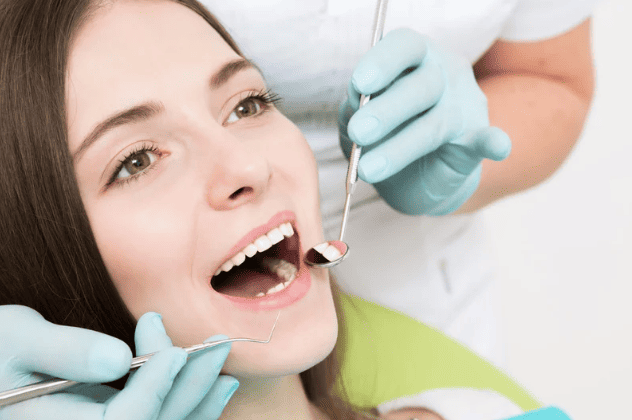
How Much Does Teeth Cleaning Cost in Hong Kong?
The cost of a professional teeth cleaning at Smith & Jain Dentists ranges from HK$1,100 to HK$1,600. The procedure is performed by our experienced dental hygienist and takes approximately 45 minutes.
Factors That Affect the Cost
Several factors can influence the final cost of your cleaning:
Gum and Oral Health
Healthy gums may only require a routine polish, while inflamed gums with tartar buildup may require more attention.
Level of Cleaning Needed
Standard cleaning is less intensive than treatments for active gum issues.
Frequency of Visits
Regular maintenance can prevent the need for more complex procedures in the future.
Book Your Cleaning
Ready for a fresh, clean smile? Book your teeth cleaning today with our professional team. Just choose a time that works for you and let our hygienist take care of the rest!
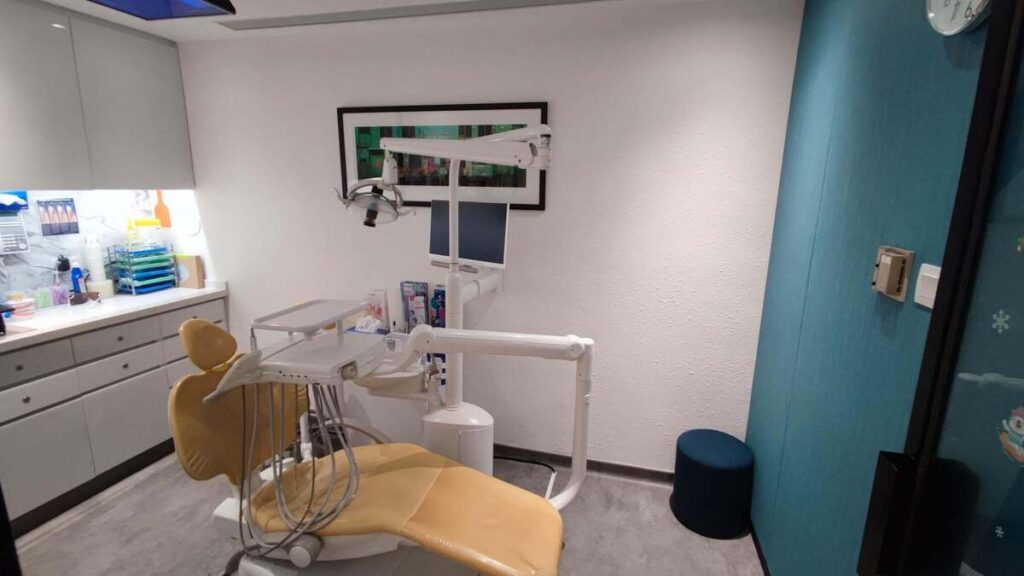
Our Teeth Cleaning Services
We provide two types of professional teeth cleaning services, tailored to different patient needs, helping you maintain long-term gum and dental health.
General Cleaning
General teeth cleaning (professional dental cleaning) is performed by registered dental hygienists using ultrasonic and manual professional instruments to thoroughly remove tartar, dental plaque, and external stains. This treatment is suitable for most people, with the main benefits including:
- Prevention of gum disease and cavities
- Improvement of bad breath
- Removal of coffee, tea, and tobacco stains, restoring the natural brightness of teeth
The procedure typically takes 30–60 minutes, is quick and safe, and same-day teeth cleaning can be arranged. For patients with sensitive teeth or concerns about the procedure, we offer a painless teeth cleaning option to ensure a comfortable experience.
💡 Recommended frequency: once every 6–12 months. If tartar accumulation is significant or oral health issues exist, the dentist may recommend more frequent cleaning.
Deep Cleaning (Periodontal Treatment)
Deep cleaning is a professional treatment designed for patients with gum disease. Unlike general teeth cleaning, deep cleaning removes tartar and bacteria below the gum line to reduce inflammation and prevent further bone loss. Suitable for patients who:
- Continue to experience gum bleeding after cleaning
- Have persistent bad breath
- Have gum recession or loose teeth
- Have been diagnosed with periodontal disease
This treatment is usually performed in sections and may require 2–4 sessions, depending on the severity of the gum disease. After deep cleaning, gum health gradually improves, significantly reducing the risk of tooth loss.
💡 Deep cleaning prices vary depending on the condition of the gums and the number of treatment sessions. Before treatment, we provide a clear quotation and complete treatment plan, ensuring transparency with no hidden costs.
Why Regular Teeth Cleaning Is Necessary?
Regular teeth cleaning (professional dental cleaning) is not merely for achieving a whiter appearance but is an essential step in maintaining oral and overall health. Even with twice-daily brushing and flossing, it is still difficult to thoroughly clean the deep spaces between teeth and along the gum line, areas prone to plaque and tartar buildup. Long-term neglect of tartar removal can have the following effects on oral health:
- Red, swollen, or bleeding gums: Prolonged tartar irritation can lead to gingivitis, causing bleeding during brushing or eating.
- Persistent bad breath: Bacteria within plaque and tartar release odors when they break down, which cannot be masked by mouthwash or chewing gum alone.
- Cavities and periodontal disease: Plaque gradually erodes enamel and penetrates periodontal tissue, increasing the risk of cavities and gum disease.
- Loose or lost teeth: Severe periodontal disease can cause gum recession and bone loss, eventually leading to tooth loss.
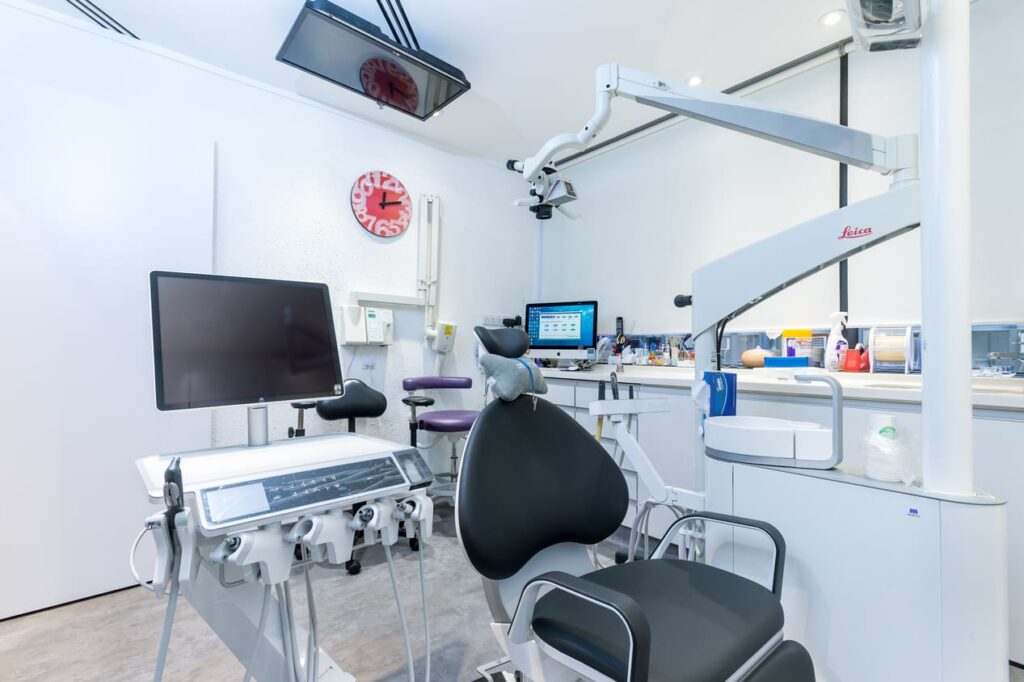
What Are the Benefits of Teeth Cleaning?
Teeth cleaning is a crucial step in maintaining gum and overall oral health. Many patients notice an immediate sense of freshness and improved breath after completing a same-day teeth cleaning. The main benefits of regular teeth cleaning include:
1. Remove tartar and prevent periodontal disease
Daily brushing cannot remove all plaque, which hardens into tartar over time. Tartar adheres to the tooth and gum line, causing red, swollen, or bleeding gums and potentially progressing to periodontal disease. Professional teeth cleaning effectively removes tartar, maintains gum health, and reduces the risk of gingivitis and alveolar bone loss.
2. Reduce the risk of cavities
Plaque is the primary cause of cavities. Teeth cleaning removes bacteria from tooth surfaces and between teeth, fundamentally lowering the likelihood of cavities. Regular cleaning is especially important for children and those at high risk of dental decay.
3. Improve breath and maintain freshness
Bad breath is often associated with tartar and bacterial growth. After teeth cleaning, bacterial counts drop significantly, effectively reducing bad breath caused by gingivitis or periodontal disease, allowing for more confident daily interactions.
4. Restore natural tooth brightness
Long-term consumption of coffee, tea, or smoking can stain the tooth surface. While teeth cleaning is not a whitening procedure, it removes external stains and deposits, restoring natural tooth brightness for a cleaner, more radiant smile.
5. Painless, quick, and can be completed the same day
Modern teeth cleaning emphasizes comfort and safety. Most patients can experience painless teeth cleaning. The procedure typically takes 30–60 minutes and can often be completed the same day, making it ideal for busy urban lifestyles.
6. Support overall health
Research shows a strong link between periodontal disease and systemic conditions such as heart disease and diabetes. Regular teeth cleaning not only protects your teeth but is also an important step in maintaining overall health.
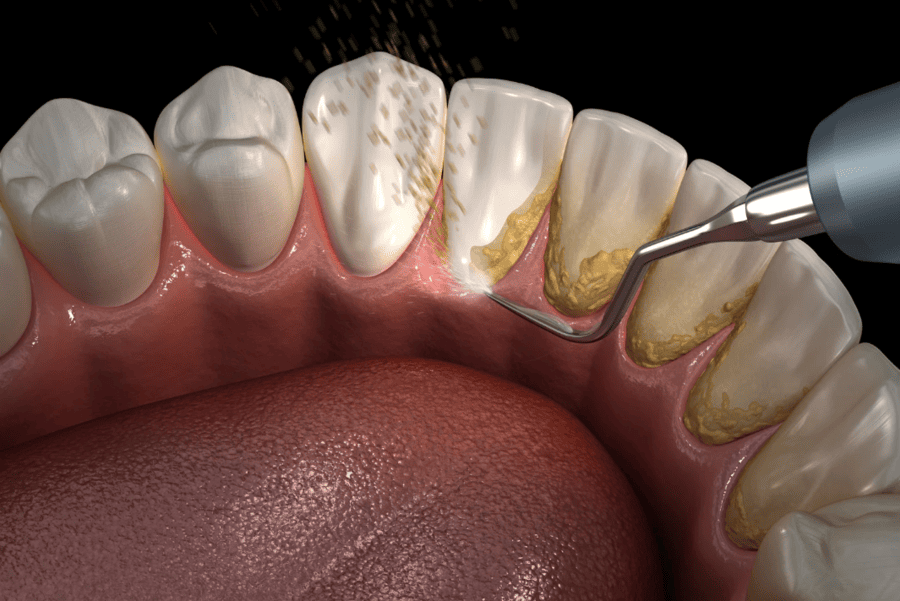
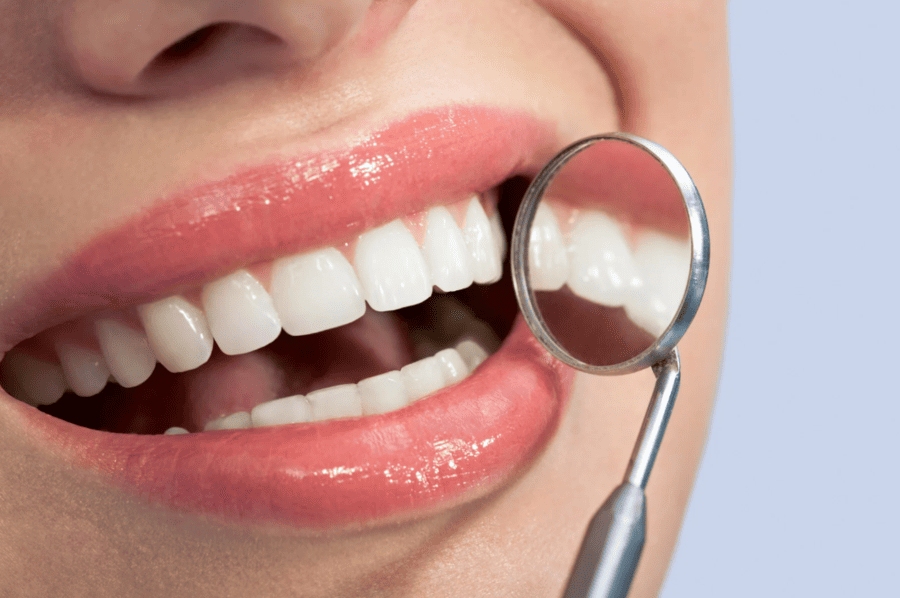
Professional Teeth Cleaning Process: 4 Steps to Thoroughly Clean Your Teeth
Many patients have concerns about teeth cleaning, but modern dental cleaning technology is highly advanced, making the process quick and safe. The procedures for general teeth cleaning and deep cleaning differ slightly. Below are the common steps for a professional teeth cleaning:
1. Professional Oral Examination
Before starting the procedure, the dentist or dental hygienist will examine your gums, tartar accumulation, and periodontal health, and discuss whether a general teeth cleaning or deep cleaning is suitable for you. This step ensures a targeted treatment plan and provides clear explanations of the teeth cleaning price and the time required.
2. Removal of Tartar and Plaque
Using professional ultrasonic and manual instruments, tartar and plaque are thoroughly removed, especially in the spaces between teeth and along the gum line. This is the most critical step in preventing periodontal disease.
- General Teeth Cleaning: Focuses on tartar and plaque above the gum line, suitable for most patients.
- Deep Cleaning: Targets tartar and bacteria below the gum line in periodontal pockets, specifically designed for patients with gum disease.
3. Detailed Scaling and Polishing
After tartar removal, the tooth surface may still have minor roughness. The dental hygienist performs manual scaling and then polishes the teeth, leaving the surface smooth and reducing the likelihood of bacteria reattaching.
4. Post-Cleaning Care Recommendations
After teeth cleaning, we provide post-teeth cleaning care advice, such as waiting 30 minutes to 1 hour before eating to ensure a stable oral environment.
- Gum Sensitivity: Some patients may experience temporary gum soreness or minor bleeding after cleaning, which usually resolves within a few days.
- Follow-up: For patients with periodontal disease, the dentist will schedule ongoing monitoring and, if necessary, additional deep cleaning sessions.
✅ Summary: The entire teeth cleaning process typically takes 30–60 minutes, can be completed on the same day, and includes a painless teeth cleaning option, allowing most patients to comfortably complete the procedure.
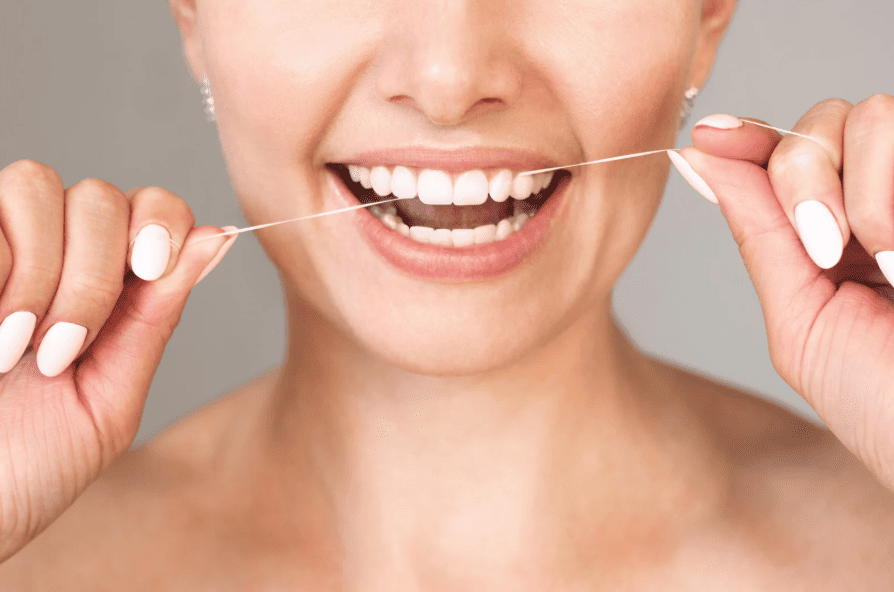
Pre- and Post-Teeth Cleaning Instructions
Before Teeth Cleaning
To ensure a smooth procedure and achieve the best results, please observe the following:
- Maintain oral hygiene: Brush your teeth and use dental floss or interdental brushes before cleaning to reduce plaque buildup.
- Inform about oral and health conditions: If you have sensitive teeth, gum discomfort, are taking medication, or have special health conditions (e.g., heart disease, pregnancy), please inform your dentist in advance.
- Schedule your time: The procedure generally takes 30–60 minutes. We offer same-day teeth cleaning for your convenience.
- Reference article: How to correctly choose and use an interdental brush?
Tips for using Interdental Brush ->
After Teeth Cleaning Care
Proper post-cleaning care is essential for maintaining dental health. Please follow these recommendations:
- Eating after cleaning: Wait 30 minutes to 1 hour before eating. If fluoride treatment is applied, wait 2 hours.
- Gum sensitivity: Some patients may experience temporary gum soreness or slight bleeding, usually resolving within 1–3 days.
- Avoid staining foods: For 24 hours after cleaning, avoid coffee, tea, red wine, and other dark-colored drinks to maintain tooth brightness.
- Oral care: Use a soft-bristled toothbrush to gently brush teeth, along with dental floss or interdental brushes, to keep gums healthy.
- Regular check-ups: Follow your dentist’s recommendation—general teeth cleaning every 6–12 months; high-risk patients may need cleaning or deep cleaning every 3–6 months.
Book Your Teeth Cleaning Today!
Contact us to schedule your Teeth Cleaning consultation. Let us help you achieve the perfect smile with our professional services.
Frequently Asked Questions About Teeth Cleaning
Does teeth cleaning hurt?
Modern teeth cleaning techniques prioritise safety and comfort. Most patients only feel slight vibrations or a cooling sensation. For patients with sensitive teeth or gum disease, we offer painless teeth cleaning options, adjusting equipment intensity or using local anaesthesia to ensure a comfortable experience.
How long does teeth cleaning take?
A general teeth cleaning session usually takes 30–60 minutes, depending on the amount of tartar and oral condition. Deep cleaning (periodontal treatment) may require multiple sessions, each lasting approximately 45–60 minutes, to thoroughly remove tartar and bacteria below the gum line.
Will my teeth become whiter after cleaning?
Teeth cleaning removes plaque, tartar, and surface stains caused by coffee, tea, or smoking, restoring the natural shine of your teeth. For more noticeable whitening results, a professional teeth whitening treatment can be considered.
How soon can I eat after cleaning?
It is recommended to wait 30 minutes to 1 hour before eating after cleaning. If fluoride treatment is applied, wait 2 hours. Avoid very hot, cold, spicy foods, and staining beverages during the initial period to maintain clean and bright teeth.
Does teeth cleaning damage my teeth?
Professional teeth cleaning performed by registered dental hygienists is safe and will not damage your teeth or enamel. On the contrary, regular cleaning removes tartar, prevents gum disease and cavities, and helps protect long-term dental health.
How often should I have my teeth cleaned?
General cases: Every 6–12 months to maintain gum health.
High-risk or periodontal patients: Every 3–6 months, or undergo deep cleaning to control further progression of gum disease.
What is the difference between deep cleaning and general cleaning?
General cleaning: Removes tartar and plaque above the gums and between teeth, suitable for most patients’ routine oral care.
Deep cleaning: For patients with periodontal disease, it cleans below the gum line to remove tartar and bacteria, reducing gum inflammation, bone loss, and bad breath. It usually requires multiple sessions.
Is gum sensitivity normal after cleaning?
Some patients may experience temporary gum soreness, slight bleeding, or tooth sensitivity after cleaning. This usually resolves within 1–3 days. If sensitivity persists or worsens, contact your dentist for follow-up.
Can teeth cleaning be done on the same day?
Yes, we offer same-day teeth cleaning, convenient for busy individuals to quickly complete the procedure, protect gum health, and maintain fresh breath and bright teeth.




